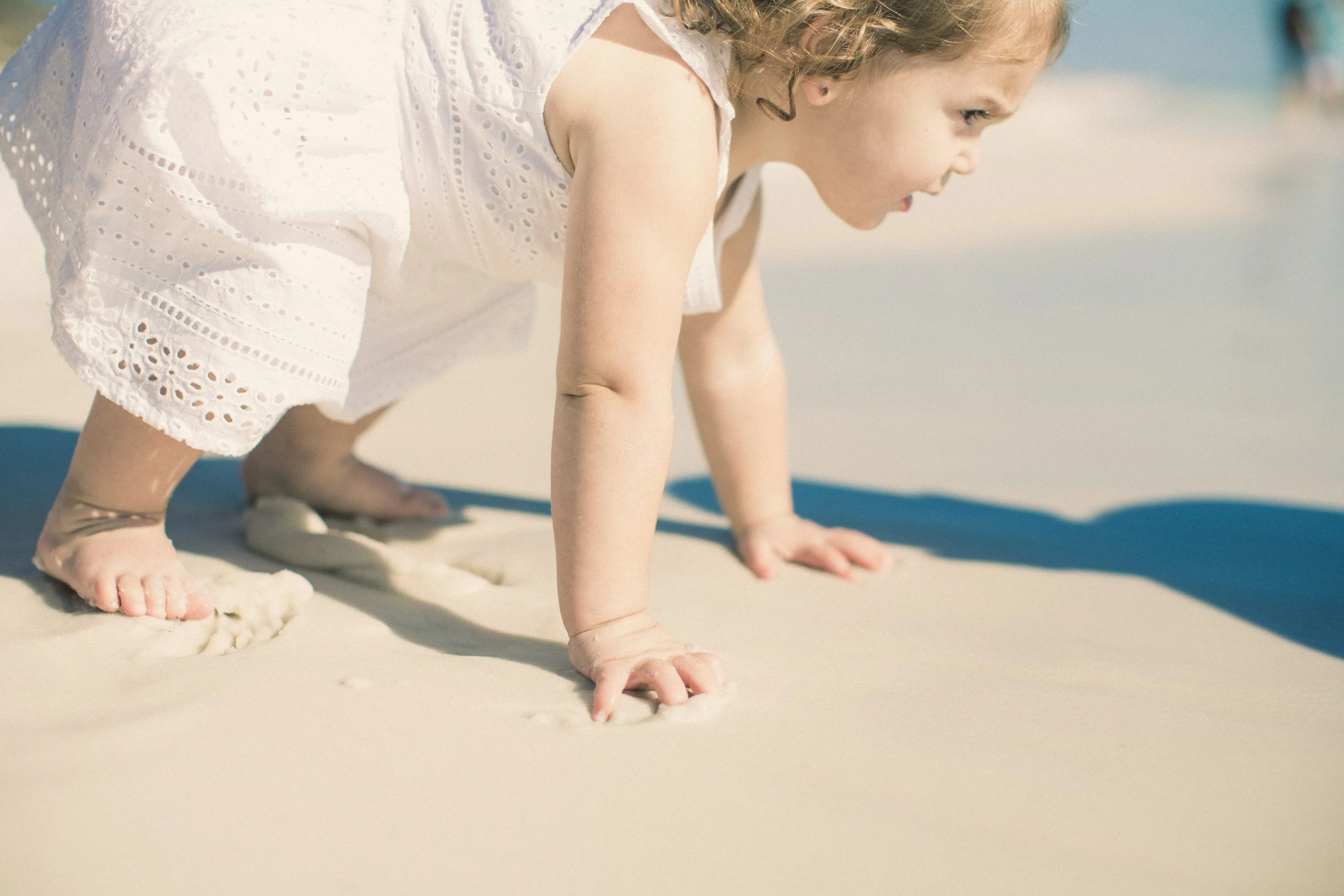5 things a toddler can teach you about mastering your goal
Can you walk?
If the answer is yes, you can feel good to know that you’ve mastered something so incredibly complex that even the most advanced robotics can’t get close to mimicking it. Yep, unbelievable as it may seem, science can land people on the moon, create nuclear power, engineer subcellular vaccines… But walking is still, a step too far.
And yet most of us do it all the time without a second thought. Along with not knowing how you do it, you probably don’t remember how you learnt to in the first place, at least not consciously. You see, the interesting thing about walking aside from its amazing complexity, is that we learn how to do it when we’re so young (anything between 6-18mths). And its vital that we do learn so young because the way we learn a this age, is quite different, and well worth remembering.
Five toddler tips to mastering anything:
Knowing what they want – first up, learning to walk is hard, no mistake. It takes energy, courage and serious perseverance. But toddlers go with it, because they can see clearly the benefits of walking and want so desperately to do it, they have a clear goal in mind and will not stop until they’ve succeeded, no matter what.
Toddler tip: know exactly what you’re aiming for and imagine the benefits that you’ll get when you achieve it – how will they look, sound, feel, smell, taste?
Modelling success – we learn to walk long before we have language or other academic skills in our toolbox. Toddlers learn by watching, studying the thousands of nuanced movements involved with walking, how we stand up, sit down, place our feet, move each leg etc. They see all this in those around them and simply model it. Modelling is THE original form of learning and remains the best, quickest method to gain any new skill. The fact schools focus so much on reading and other ‘second-hand’ knowledge, makes the power of modelling easy to forget.
Toddler tip: study those who can do what you want to, what they do before, during, after, their posture, tone, expression, everything about them.
No failure, only feedback – until around the age of 7yrs, we don’t have what psychologists refer to as a critical faculty, the part of our mind that is able to analyse and make rational judgements about stuff. Its why kids will believe fully in a fat man squeezing down a chimney to deliver presents (even when they live in a flat), they just can’t reason in the way adults can, and this is vital to their learning to walk. Because if they could, you can just imagine what they might say when they clumsily fall over, telling themselves they’re ‘rubbish at walking, should never have even bothered’ and quickly throw the towel in. Nope, lucky for them, they simply don’t have that inner critic, they just accept the error they made as a small lesson in how not to walk, make some changes, get up and go again.
Toddler tip: we learn more from our mistakes than our successes, treat each error for what it is and nothing more, don’t use it to beat yourself up, appreciate what you’ve learned and try something different until you find what works.
At one with their emotions – whilst a toddler won’t find themselves in the trap of critical self-talk, they do of course get frustrated and upset. And if they fall hard, those falls can hurt physically too. And when that happens, a toddler will express their emotions in whatever way feels right to them. They don’t go putting a lid on things for fear of what others might think about them having a meltdown, they just do it. They clear their system, reset and go again, happier and even more determined.
Toddler tip: maybe don’t go having a tantrum in the supermarket (!), but don’t bottle your emotions either, they exist for a reason and letting them flow helps your system stay balanced. Holding them back stores trouble longer-term, often manifesting in physical ailments, back pain being one of the most common.
Surrounded by support – most kids will get plenty encouragement as they haul themselves up, wobble ungainly, take their first step and so on. The luckiest ones are often surrounded by loving and attentive people who will pile on the praise at this slightest bit of progress.
Toddler tip: surround yourself with people who really want you to achieve your goal. You probably ok without the cooing and clapping, but genuine, loving support is a key ingredient in helping you stay the course.
So, there it is, as toddlers, we really were master learners. And what’s amazing is that we were doing it all instinctively, not because we had read about it somewhere in a book. But you are reading it, which is good, because reminding yourself to be more toddler is an excellent way to approach whatever you want to master next, be that a specific goal, or life in general, you choose.
Photo credit: Jordan Christian on Unsplash

